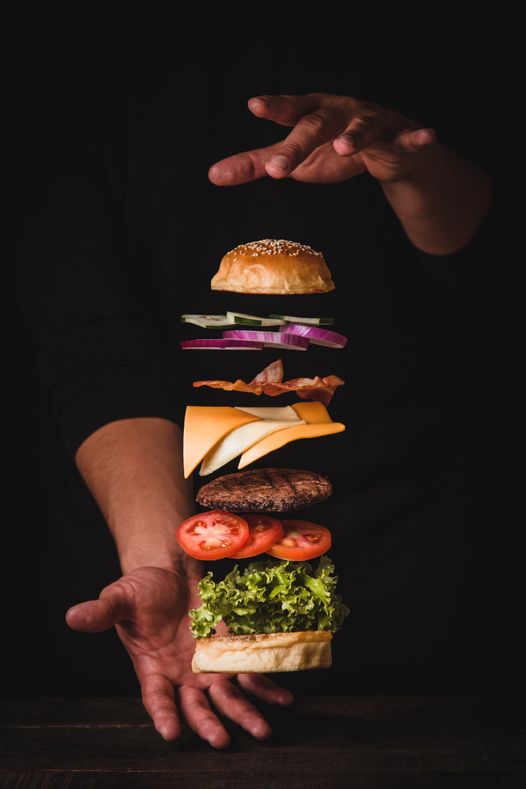Hypercaloric diets with increased meal frequency, representing snacking, increase IHTG and abdominal fat in lean men, whereas similar diets with increased meal size do not. This suggests that food intake pattern independent of caloric excess and weight gain contributes to the occurrence of hepatic steatosis and abdominal obesity. Besides, hypercaloric snacking of fat and sugar tended to reduce hepatic insulin sensitivity. Therefore, reducing snacking behavior and encouraging consuming 3 meals per day might have favorable metabolic consequences in the long term and might reduce the prevalence of NAFLD.
Hypercaloric diets with increased meal frequency, but not meal size, increase intrahepatic triglycerides: A randomized controlled trial
Karin E Koopman
Hypercaloric diets with increased meal frequency, representing snacking, increase…

